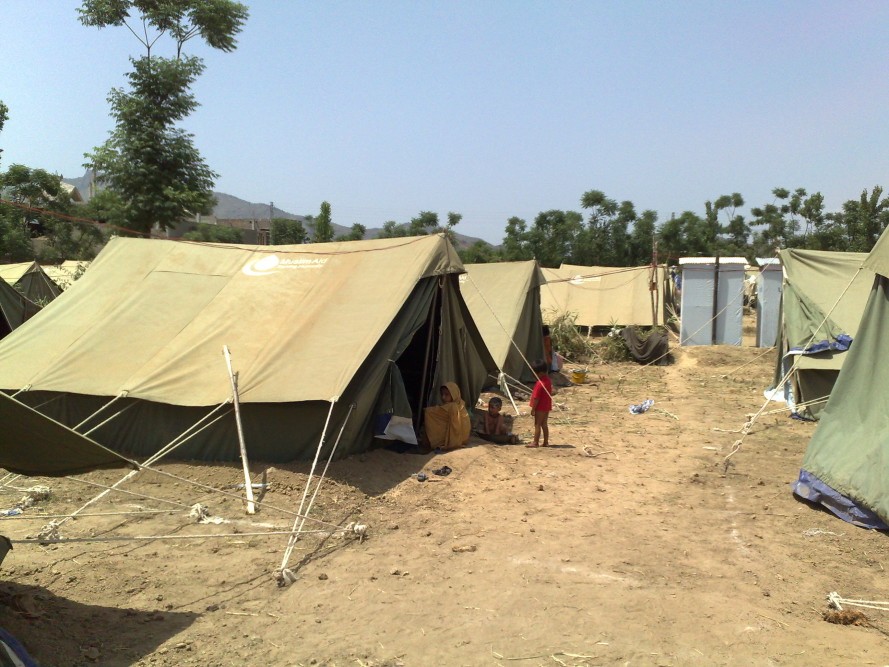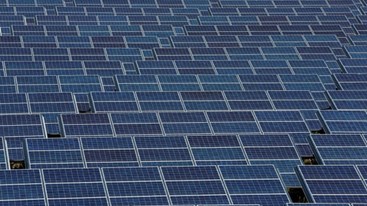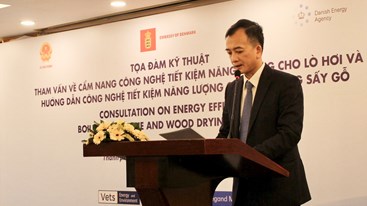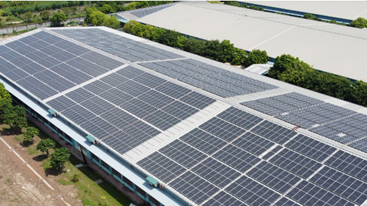Monday, 29/04/2024 | 00:24 GMT+7
Proving the benefits and capacities of clean energy know no bounds, a recent report shows adding solar power to refugee camps could significantly improve the lives of residents, while saving dollars and the planet at the same time.
A consortium of NGOs, think tanks and donors recently released a new report that shows energy use by refugees has been neglected by both the international energy access lobby and humanitarian agencies. That’s despite the fact that 90 percent of families in refugee camps have no access to electricity, and camps often have no street lighting, which creates a higher risk of sexual attacks for women and girls when they need to use the toilet after dark.
“This is an energy access problem,” said report author Chatham House at the report’s launch last week. “These displaced people and refugees are part of the 2.9 billion living in energy poverty around the world, but the sustainable development goals and the Sustainable Energy for All Initiative didn’t mention them. They are a grey area.”

What’s more, according to the report, introducing efficient cookstoves and basic solar lanterns through the camps could save a whopping $323 million per year in fuel costs to already cash-strapped humanitarian agencies.
That’s not to mention the carbon emissions cuts that could be realized by cutting vast amounts of diesel oil currently used to power refugee camps – and avoiding the significant cutting of forests used for gathering firewood. The Guardian notes adding clean energy to camps would reduce emissions by an estimated 6.85 million tonnes of carbon per year and also help halt deforestation, which is happening at a rate of about 64,700 acres of forest burned per year in countries that are already suffering significant deforestation problems.
Mai Linh (Inhabitat)








.jpg?w=367&h=206&mode=crop) Energy efficiency and conservation usage is an important aspect of the national energy development strategy
05/03/2024
Energy efficiency and conservation usage is an important aspect of the national energy development strategy
05/03/2024
 Challenges and Opportunities to promote energy efficiency market in Vietnam
Challenges and Opportunities to promote energy efficiency market in Vietnam
 The Ministry of Industry and Trade requests government agencies to coordinate in organizing Earth Hour 2024
The Ministry of Industry and Trade requests government agencies to coordinate in organizing Earth Hour 2024
 Consultation on Energy Efficiency Boiler Catalogue and Wood Drying Guideline
Consultation on Energy Efficiency Boiler Catalogue and Wood Drying Guideline
 Son Ha Co., Ltd, applies energy efficiency and conservation measures
Son Ha Co., Ltd, applies energy efficiency and conservation measures
.png?w=367&h=206&mode=crop) Request for expression of interest - C2.1.13: Capacity Building on energy efficiency policies development
Request for expression of interest - C2.1.13: Capacity Building on energy efficiency policies development
 Phuc Kien Co., Ltd., is effectively implementing energy-saving measures
Phuc Kien Co., Ltd., is effectively implementing energy-saving measures
 Request for expression of interest - C2.1.12: Independent monitoring of safeguards implementation
Request for expression of interest - C2.1.12: Independent monitoring of safeguards implementation